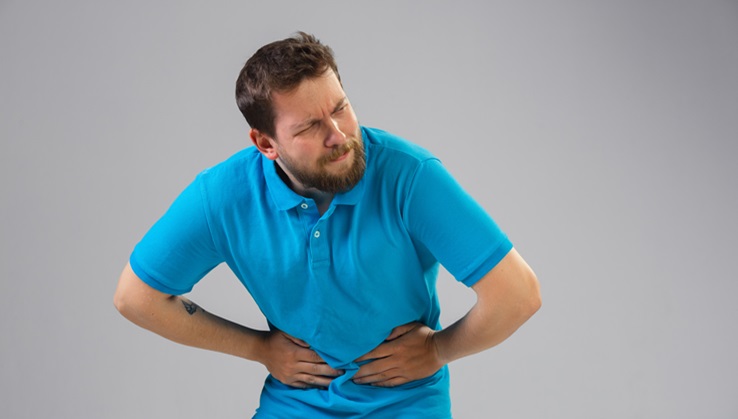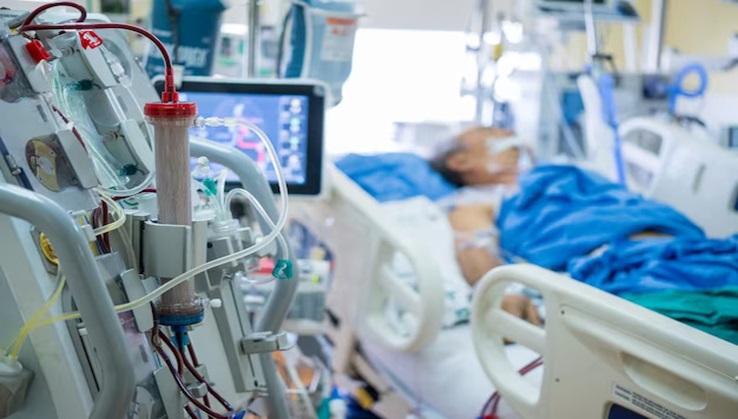Introduction
Hormonal changes are an inherent and constant part of a woman's life. These fluctuations can influence various aspects of physical and emotional well-being, from the onset of menstruation to the transformative journey of menopause. In this article, we'll explore the key hormonal changes in women, including menstruation, pregnancy, and menopause, and their profound impact on women's health and lives.
The Menstrual Cycle: A Monthly Hormonal Dance
Menstruation Onset (Menarche)
Puberty marks the beginning of a woman's hormonal journey, typically occurring around the age of 12 to 14. The onset of menstruation, or menarche, is a result of increasing estrogen and progesterone levels.
Menstrual Cycle Phases
- Follicular Phase: This phase starts on the first day of menstruation. The brain's pituitary gland releases follicle-stimulating hormone (FSH), prompting the ovaries to produce estrogen. As estrogen levels rise, the uterine lining thickens in preparation for possible pregnancy.
- Ovulation: Around the middle of the cycle, a surge in luteinizing hormone (LH) triggers the release of an egg from the ovary, resulting in a peak in both estrogen and progesterone levels.
- Luteal Phase: After ovulation, the ruptured follicle transforms into a structure called the corpus luteum, which releases progesterone to support a potential pregnancy. If pregnancy doesn't occur, progesterone levels drop, and menstruation begins again.
- Menstruation: If pregnancy does not occur, the uterine lining sheds, resulting in menstruation.
Pregnancy: A Hormonal Rollercoaster
Pregnancy is characterized by dramatic hormonal changes to support the developing fetus:
- Human Chorionic Gonadotropin (hCG): This hormone, produced by the placenta, signals to the body that a pregnancy has occurred and prevents the shedding of the uterine lining.
- Estrogen and Progesterone: Levels of these hormones surge during pregnancy, ensuring the growth and development of the baby.
Menopause: The Transition
Menopause is a significant hormonal milestone in a woman's life, typically occurring between the ages of 45 and 55. During this phase, the ovaries gradually stop producing eggs and experience a decline in estrogen and progesterone production.
Perimenopause
Before menopause, many women experience perimenopause, a transition period marked by irregular menstrual cycles and hormonal fluctuations. Symptoms such as hot flashes, mood swings, and changes in sleep patterns may occur.
Postmenopause
Once a woman has gone 12 consecutive months without a menstrual period, she is considered to be in postmenopause. Hormonal changes persist, with lower estrogen and progesterone levels, leading to various long-term effects on health.
The Impact of Hormonal Changes
Hormonal changes in women can have a profound impact on health and well-being. Some effects include:
- Menstrual Issues: Irregular periods, PMS, and menorrhagia (heavy menstrual bleeding) can disrupt daily life.
- Pregnancy: Hormonal changes during pregnancy can lead to mood swings, morning sickness, and other physical and emotional symptoms.
- Menopause: Symptoms like hot flashes, mood swings, and osteoporosis can be experienced during menopause.
- Long-Term Health: Hormonal changes can influence the risk of health conditions like osteoporosis, heart disease, and mood disorders.
Managing Hormonal Changes
Coping with hormonal changes often involves a combination of lifestyle adjustments and medical guidance:
- Regular Exercise: Physical activity can help manage symptoms and support overall health.
- Balanced Diet: A diet rich in nutrients and adequate hydration is crucial for hormonal balance.
- Stress Management: Stress-reduction techniques like mindfulness and yoga can help ease the impact of hormonal changes.
- Hormone Replacement Therapy (HRT): In some cases, HRT may be recommended during menopause to alleviate symptoms.
Conclusion
Hormonal changes are a fundamental part of a woman's life, and they can have a significant impact on both physical and emotional well-being. Understanding these changes, seeking support when needed, and maintaining a healthy lifestyle can help women navigate the various phases of their hormonal journey with greater ease and well-being. Embracing these changes as a natural part of life is the first step in experiencing them with grace and resilience.
.pdf%20300X60%20PX-02-02.svg)



